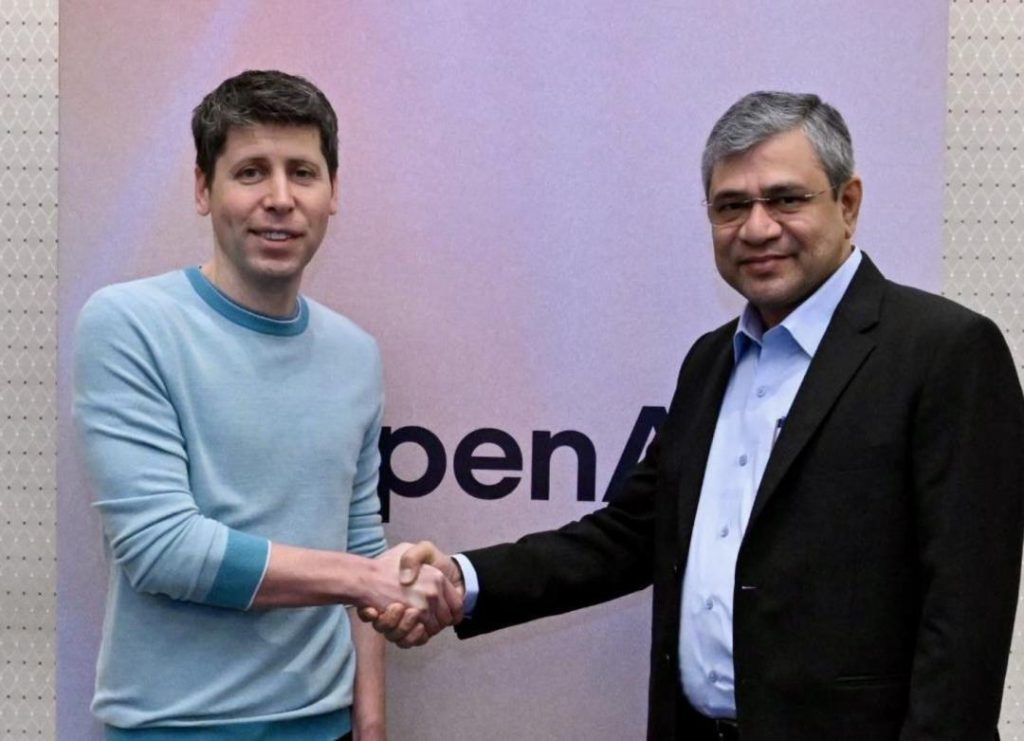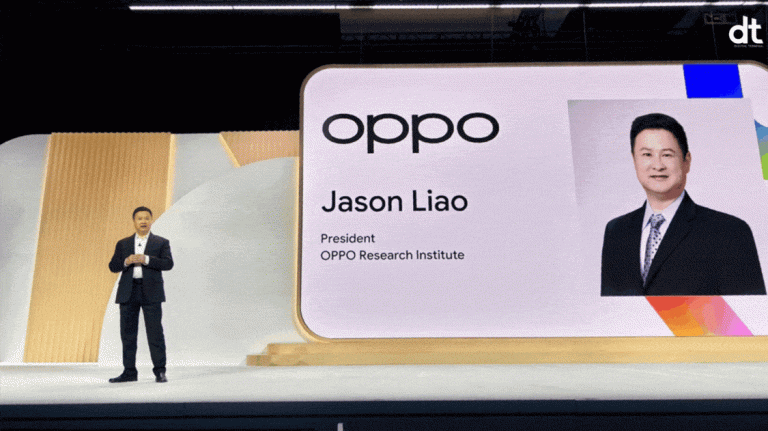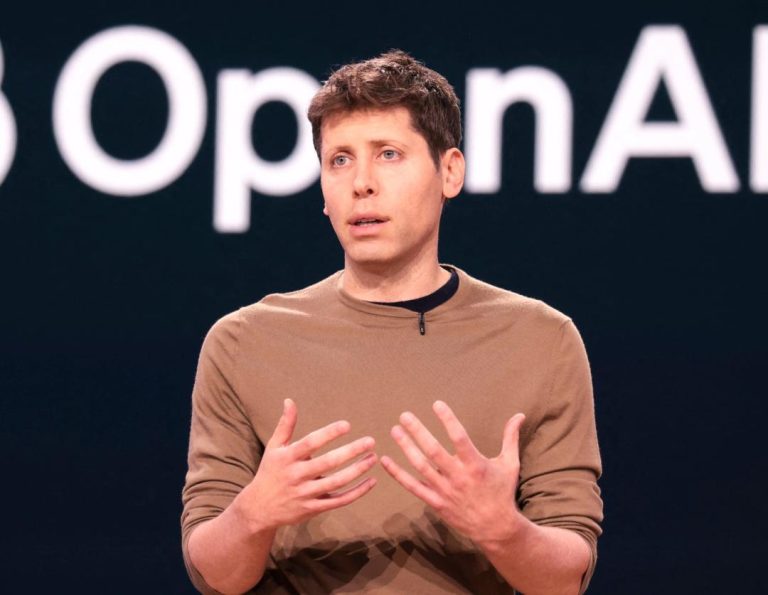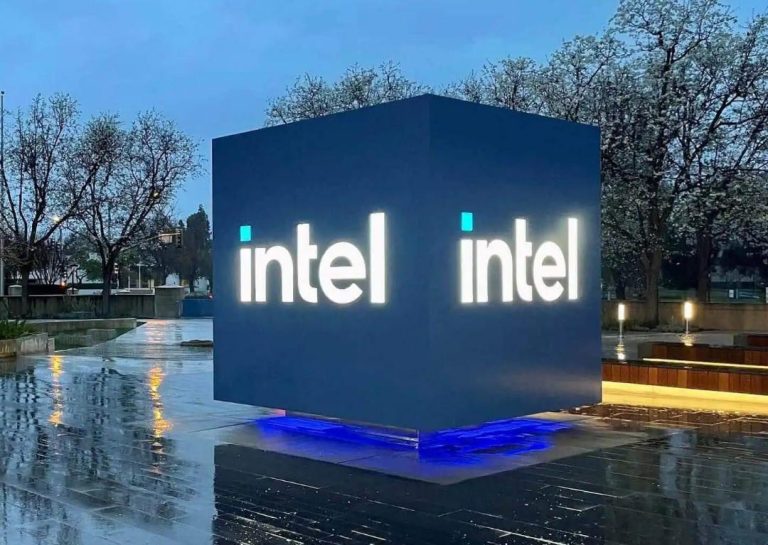
AI Not Ready to Cure Cancer, Can Boost Research Efficiency: Altman
Artificial intelligence (AI) has been touted as a revolutionary technology that can solve some of humanity’s most pressing problems. One of the most significant challenges facing humanity today is cancer, a disease that has claimed millions of lives worldwide. While AI has shown promising results in various fields, OpenAI CEO Sam Altman has a more nuanced view of its potential in curing cancer. In a recent visit to India, Altman emphasized that AI is not yet ready to cure cancer on its own, but it can significantly enhance the efficiency of researchers working on complex problems.
Altman’s comments are not surprising, given the current state of AI research. While AI has made significant progress in areas such as image recognition, natural language processing, and predictive analytics, its ability to solve complex problems like cancer is still in its infancy. Cancer is a highly complex and multifaceted disease that requires a deep understanding of biological processes, genetics, and human behavior. Curing cancer will require a comprehensive approach that involves not only AI but also human intuition, expertise, and collaboration.
However, AI can still play a vital role in cancer research by boosting the efficiency of researchers. As Altman pointed out, AI can help researchers review the existing literature and find connections that may have gone unnoticed. This is particularly important in cancer research, where the volume of data is vast and constantly growing. AI can help sift through this data, identify patterns, and provide insights that can inform research directions.
One area where AI is already making an impact in cancer research is in the analysis of genomic data. With the advent of next-generation sequencing, researchers are generating vast amounts of genomic data that can help identify potential cancer biomarkers and develop targeted therapies. AI algorithms can help analyze this data, identify patterns, and provide insights that can inform research directions.
Another area where AI is being applied is in the development of personalized medicine. Cancer is a highly heterogeneous disease, and what works for one patient may not work for another. AI can help develop personalized treatment plans by analyzing a patient’s genomic profile, medical history, and treatment response. This can help optimize treatment outcomes and reduce the risk of adverse reactions.
Despite the potential of AI in cancer research, Altman is cautious about its ability to cure cancer on its own. “This isn’t an innovator yet,” he stated. “We’re still in the early stages of AI development, and we need to be realistic about what it can achieve.” This is a critical reminder that AI is a tool, not a solution, and its ability to solve complex problems like cancer is dependent on human expertise, creativity, and collaboration.
In conclusion, AI is not yet ready to cure cancer on its own, but it can significantly enhance the efficiency of researchers working on complex problems. By analyzing genomic data, identifying patterns, and providing insights, AI can help researchers develop targeted therapies and personalized treatment plans. However, AI is just one tool in the arsenal, and its ability to solve complex problems like cancer is dependent on human expertise, creativity, and collaboration.






